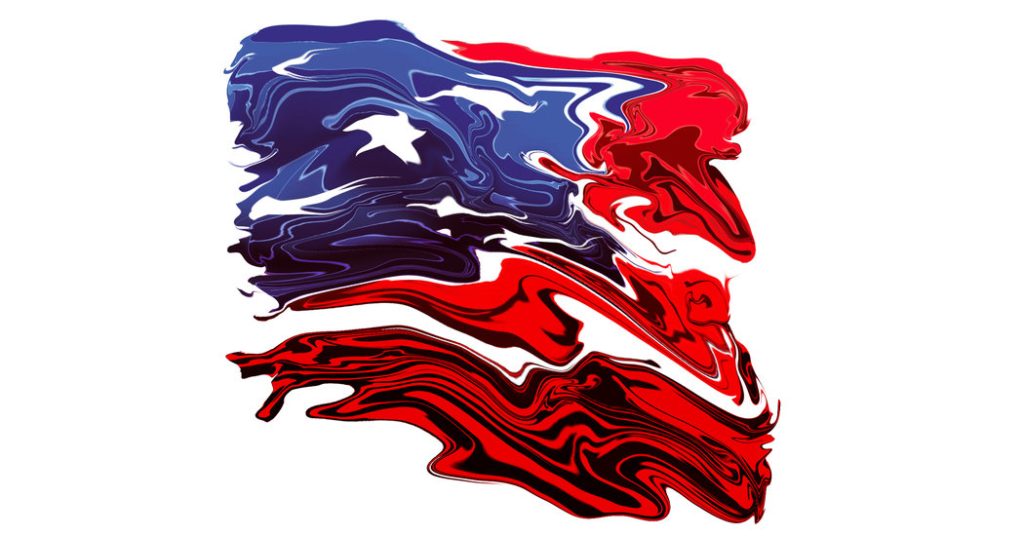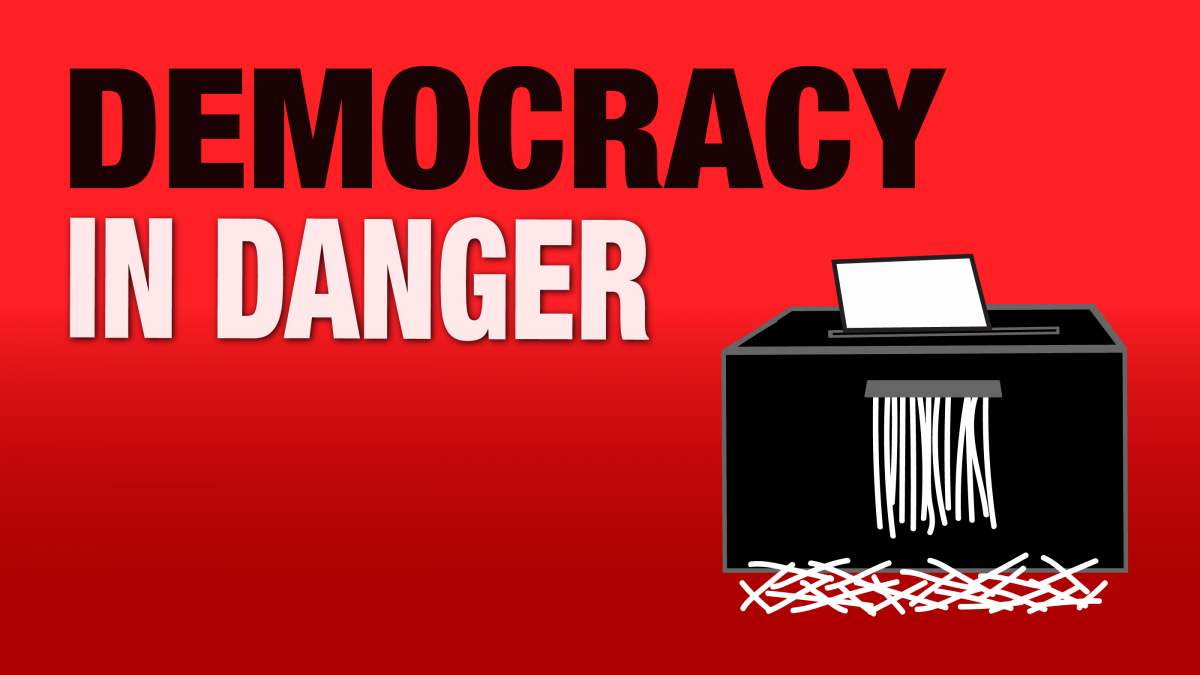In the intricate tapestry of American society, the escalating trend of political polarization has emerged as a looming threat, casting shadows over the stability of the nation’s democracy. The growing chasm between political ideologies raises alarms, pointing towards a potential fracture in social cohesion that could compromise democratic processes. This profound concern stems from the multifaceted manifestations of polarization, including extreme partisanship, media echo chambers, and the surge of divisive rhetoric.
Unpacking the Layers of Polarization
At the core of this disconcerting phenomenon lies extreme partisanship, where political allegiances become entrenched, leaving little room for compromise. The rise of echo chambers in media further exacerbates the issue, creating isolated spaces that reinforce pre-existing beliefs while shutting out alternative perspectives. In this echo-chambered landscape, individuals find themselves surrounded by like-minded voices, amplifying divisions and stifling the exchange of diverse ideas.
The consequences of this polarization are not confined to ideological differences; they permeate various facets of society, hindering the ability to find common ground and collaborate on shared objectives. The resulting breakdown in trust and understanding sets the stage for potential hostility, pushing the nation perilously close to the brink of civil unrest or conflict.
The Threat to Democratic Principles
The implications of unchecked political polarization extend beyond mere ideological clashes. The erosion of democratic principles becomes an imminent risk, as the ability to address critical issues requiring bipartisan cooperation is compromised. Matters of national importance, such as the economy, climate change, social inequality, and the escalating conflicts along the borders in Texas, demand unified efforts. However, the current polarized landscape impedes the collaboration necessary for effective governance.

Read more:
- California Lawmaker Proposes Speed Limit Technology to Curb Road Deaths
- Tragedy Strikes as Young Dancer Dies from Mislabeling of Peanuts in Cookies
- New Concealed Carry Law Denied by Another Northern California Count
- U.S. Takes Action to Safeguard Whales Around Offshore Wind Farms
Moreover, the loss of faith in the democratic system becomes a dangerous undercurrent, with the potential to erupt into widespread social unrest, protests, or more severe conflicts. A society deeply divided along political lines struggles to sustain the fundamental tenets of democracy, including the peaceful transfer of power and the protection of individual rights.
Charting a Course Towards Unity
In the face of this perilous trajectory, the imperative to recognize and counteract political polarization becomes paramount. Americans must actively engage in efforts to bridge the growing divide, fostering dialogue, promoting understanding, and prioritizing cooperation. The preservation of the stability and longevity of American democracy hinges on the collective commitment to overcoming these divisive forces.
Fostering Dialogue and Understanding
One key strategy in mitigating polarization involves fostering open and constructive dialogue. Encouraging conversations that transcend political affiliations creates space for individuals to share their perspectives, understand alternative viewpoints, and discover common ground. Initiatives that bring diverse voices to the table, emphasizing the importance of civil discourse, can be instrumental in breaking down the walls erected by polarization.
Promoting Media Literacy and Diverse Perspectives
Addressing the issue of media echo chambers requires a concerted effort to promote media literacy and expose individuals to a diverse range of perspectives. Educational initiatives that teach critical thinking skills and emphasize the importance of seeking information from multiple sources can help counter the reinforcement of polarized beliefs within isolated media bubbles.
Prioritizing Cooperation over Confrontation
Building bridges across the political spectrum necessitates a shift in mindset from confrontation to cooperation. Political leaders, influencers, and citizens alike must prioritize finding common ground on crucial issues, transcending the current adversarial climate. Collaborative efforts to address shared challenges can serve as a unifying force, breaking the cycle of polarization and fostering a renewed sense of national unity.
Conclusion: A Call to Action for a United Future
As the specter of political polarization looms large, threatening the very foundations of American democracy, a collective call to action becomes imperative. Recognizing the detrimental effects of polarization and actively working towards unity is not merely a civic duty; it is an essential commitment to the preservation of a stable and resilient democratic society. The journey towards a united future requires a conscious effort to overcome differences, prioritize understanding, and rekindle the spirit of cooperation that is integral to the American identity. In this pursuit, the safeguarding of democracy is not just a goal; it is a shared responsibility that transcends political divides, reminding us all of the enduring strength that lies in unity.

